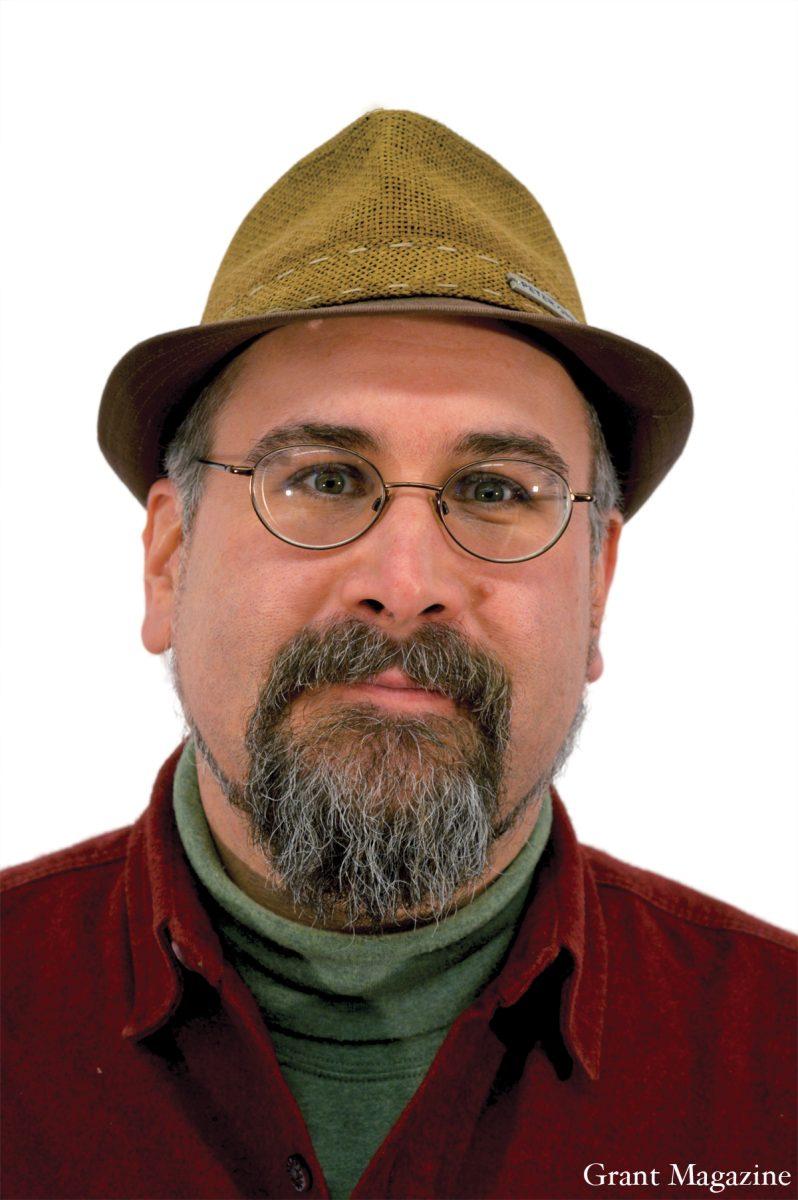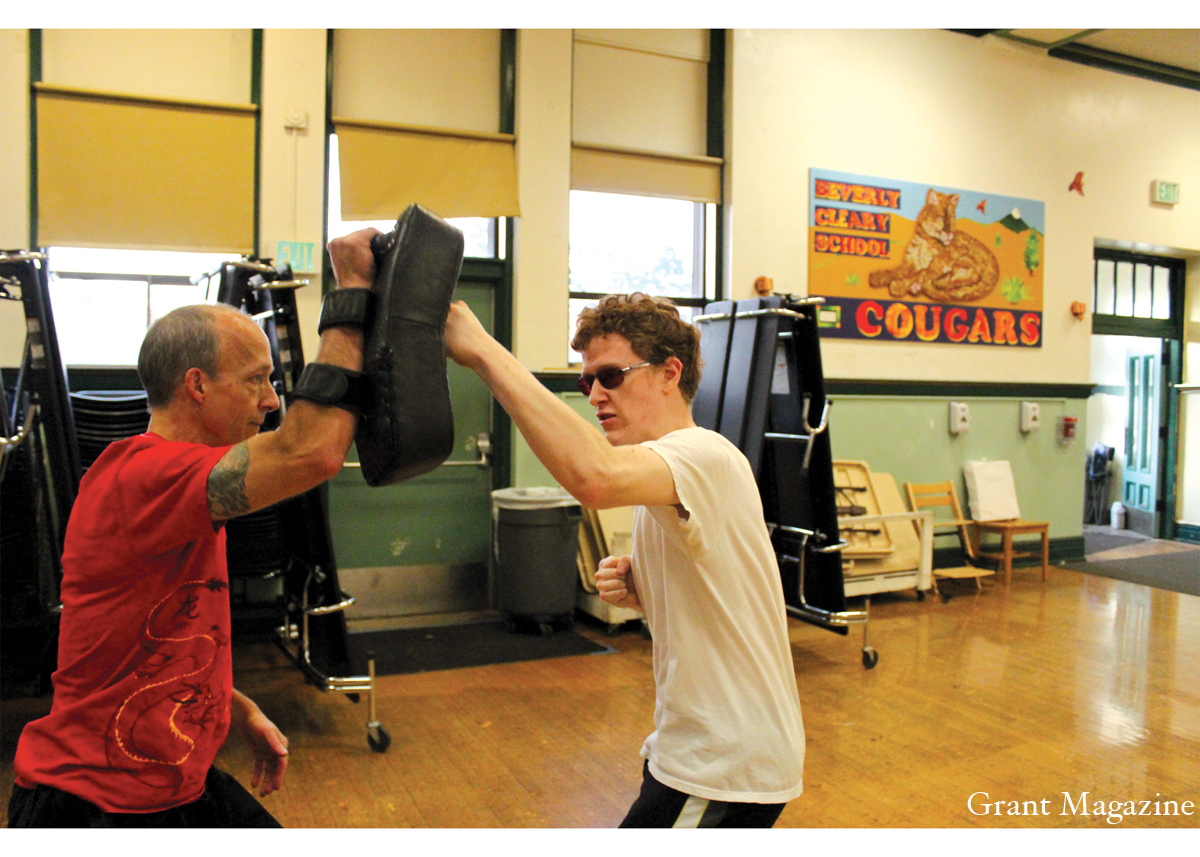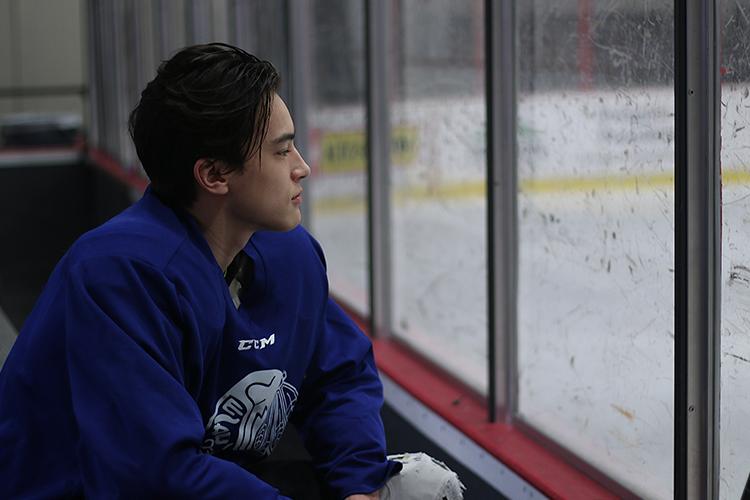You’re running for District 42 of the Oregon House of Representatives. Why?
I have always flirted with the idea of running for office. And with the UPSET march that we organized, I was really impressed with how myself and a few other folks could gather so many people around a common cause so quickly. And that motivated me even more to think about maybe running for a position myself.
What was your biggest motivator to run this year?
The seat was open. If you’re going to run for a particular office, you don’t get to choose when it happens. It opened and I stepped in.
How will you balance your position with your teaching if you win?
The Oregon Legislature is a part-time legislature. It meets for four months every other year and a few weeks every other year. I hope to … continue to be a teacher most of the time and be in the Legislature as well while I’m teaching. I can load up on classes in the fall, I can make sure I’m only teaching semester-long classes that year.
Seems like that will be complicated for both the school and for you.
But I think it also brings benefits. I would love to start teaching a government class here that’s focused on local government. I also plan to have a lot of internship opportunities for my students throughout this. So yes, complications. Yes, some challenges. But benefits, as well, which I truly believe will outweigh the cons.
Will your campaign affect your involvement with Grant politics?
No, the student government here…we have turned it around, I think. We basically streamlined it and we are going to give students more direct say on matters in this building. My class is not going to be about my campaign. It can’t be and it shouldn’t be.
How did the UPSET rallies affect your political goals?
We were able to get about 3,000 people and fill Pioneer Square just a little over a month after starting to plan it. That said to me that grassroots works and you can do something. I have already created something where union leaders and school board members marched together for a cause. I want to do the same thing for education in Salem.
You describe your campaign as grassroots. What will it look like?
It entails knocking on doors and asking people directly for votes. Right now, it’s about meeting people, lining up support both in pledged votes and in contributions.
Describe your platform in as few words as possible.
We owe the future. Consistent funding and more local control of K-12 education. College affordability. And housing affordability. That’s the main part of my platform. I will also be a strong advocate for marriage equality.
Is that your campaign slogan?
We owe the future? I don’t know if I have a slogan yet. But it comes up a lot, ‘cause that’s certainly how I think. I’m not just a teacher. I’m a father. I’m very, very concerned about the opportunities that my children will have. The people who are in charge now, we have to set things up so you can thrive like we did. That’s what I mean by owe.
What if you lose?
I’m going to have some leftover yard signs and banners that I can hang up in the garage to remember my campaign by when I’m an old man. I can feel good in the idea that I actually…tried to do something, instead of just complaining about politics from the sidelines.
What should people know as you begin to campaign?
The Grant community should know that I am Mr. Gavitte, history and philosophy teacher, first and foremost and always will be. I ask the voters in my district to consider sending someone to Salem who actually has a day job instead of someone who is a politician. There hasn’t been a teacher in the Oregon House in a long time. ♦
Check out the rest of our Time With interviews for more brief snapshots of Grant community members.








































